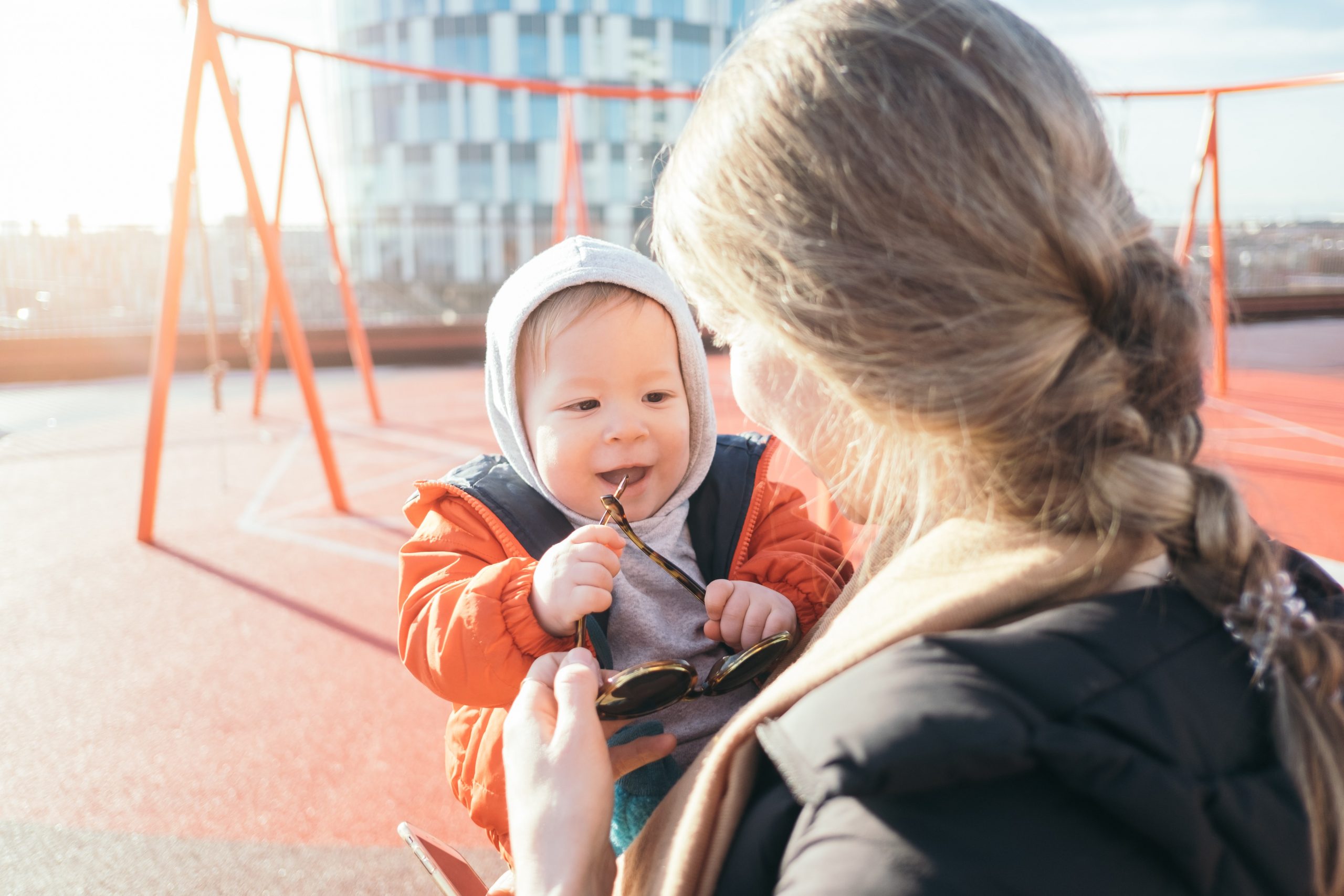
Innovating our way through a pandemic: the Strengthening Families, Protecting Children programme
blog | Words Heather Rolinson | 16 Dec 2020
Learning from scaling innovation in children’s social care.
How do you embark on a journey of system-wide change to your children’s social care services in the midst of a pandemic?
At Innovation Unit (IU), we’re proud to work on the most complex and difficult challenges.
With the number of children in care increasing by 31% to 80,080 since 2009, IU were delighted to become part of a partnership to deliver a key DfE programme focused on improving help for families in order to keep children out of care.
The Strengthening Families, Protecting Children Programme launched in early 2019 with the aim of scaling three system-wide innovations developed in Leeds, Hertfordshire and North Yorkshire to 18 other places. In the programme’s first phase, each innovator supported one trailblazer authority to adopt and adapt their innovation.
In March 2020, IU, alongside Mutual Ventures and the Social Care Institute for Excellence (SCIE), joined the partnership delivering the programme. Drawing on our expertise and experience, our role is to provide coaching and technical support to the innovators and the adopters, as well as designing and delivering a learning programme.
The challenges of COVID meant we’ve changed our approaches across the programme. Work with adopter authorities was paused for a few months as they focused on their response to the pandemic and, with everyone across the partnership working from home, we too had to rethink our ways of working. There were some key learnings.
At IU, our approach wasn’t just about working out which technologies we could use – although we have all become zoom, miro, teams and slack experts! It was about redesigning a number of our key tools and techniques to suit an online environment. For example, our No Wrong Door ‘Deep Dive’ process, which follows a family’s journey through a local system and provides deep insight into the system, is usually delivered over a whole day, with a large group. We are now running them remotely, in two to three hour blocks, over a few days. One positive is we have found that this gives a chance for reflection between the session.
We’ve noticed it takes much, much longer to build rapport and new relationships when we can’t be face to face. Nothing beats meeting in person and good working relationships tend to build organically. We knew a number of colleagues well from across the wider programme at the beginning of this work but there have been many new relationships. We’ve learned we need to make more time to get to know each other when we are working remotely.
One very important change was shifting our approach to sharing learning from the programme more broadly – and we’re delighted to be part of the launch of six, monthly journals created to capture and share learning with a wide audience.
In the first Strengthening Families, Protecting Children Learning Journal, innovator and adopter authorities explain how they have rethought ways of working in response to the pandemic:
- Andy Lloyd from Leeds describes how they have delivered restorative and relationship-based working remotely and what some of the upsides have been.
- Ian Kirkup from North Yorkshire shares how going live with their No Wrong Door model in April 2020 helped adopter Rochdale manage the challenge of COVID and better serve children and families
- Sue Williams from Hertfordshire reveals how an in-depth understanding of the Children Act 1989 was critical to the development of Family Safeguarding and plays an important role for local authorities who are adopting and adapting the model.
In the new year, we will be co-designing and delivering new learning events with colleagues across the programme, creating spaces for others to hear what we are all learning about what it takes to adopt and adapt system-wide innovation.
Keep an eye on Twitter or the Strengthening Families Protecting Children Programme page for further updates. We hope to see you there, definitely virtually but as soon as possible in person.